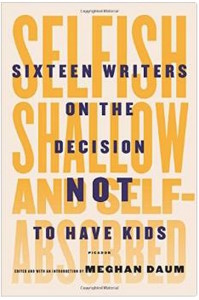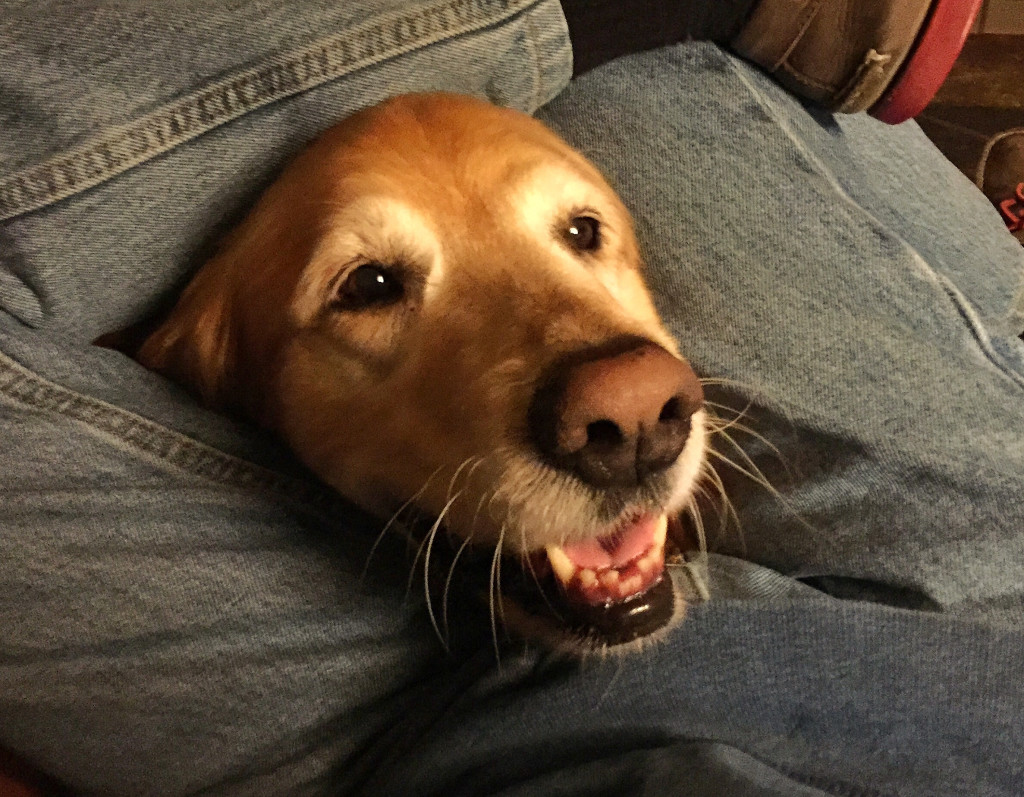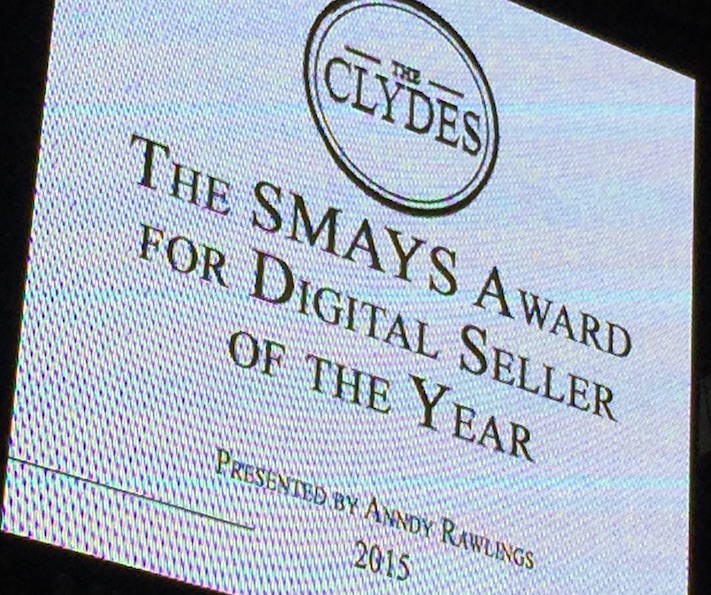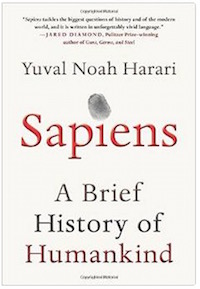In my experience, people are about as quick to pee on Twitter as Facebook. But I’m a longtime user of Twitter and spend as much time following my finely curated list as I do hanging at on G+. And I’ve long suspected a person’s tweets say something about them. This essay by Maria Konnikova in the New Yorker seems to confirm that suspicion:
AnalyzeWords, one of the latest creations from James Pennebaker, a psychologist at the University of Texas who studies how language relates to well-being and personality. One of Pennebaker’s most famous projects is a computer program called Linguistic Inquiry and Word Count (L.I.W.C.), which looks at the words we use, and in what frequency and context, and uses this information to gauge our psychological states and various aspects of our personality. Since the creation of the L.I.W.C., in 1993, studies utilizing the program have suggested a close connection between our language, our state of mind, and our behavior.
So I plugged in my Twitter handle and you can see the results below. Additional nuggets from the essay:
For decades, Pennebaker’s studies have shown that when people keep a journal they tend to fare better emotionally, recover more quickly from negative experiences, and achieve more academically and professionally. Other recent work suggests that social media provides the same benefits, despite the fact that, unlike a journal, it’s inherently public.
And one more:
Counties where residents’ tweets included words related to hostility, aggression, hate, and, fatigue—words such as “asshole,” “jealous,” and “bored”—had significantly higher rates of death from atherosclerotic heart disease, including heart attacks and strokes. Conversely, where people’s tweets reflected more positive emotions and engagement, heart disease was less common. The tweet-based model even had more predictive power than other models based on traditional demographic, socioeconomic, and health-risk factors.

 At no time in my life did I think I might want to be a parent. If I thought about it at all, it was brief moments of mildly guilty introspection that quickly passed, certainly not a topic of conversation. Barb might have gotten some “You’ll regret this some day” but I didn’t. From time to time someone would “compliment” me with, “You’d be a great dad.” A sentence I completed —in my head— with “and miserable every day of my life.”
At no time in my life did I think I might want to be a parent. If I thought about it at all, it was brief moments of mildly guilty introspection that quickly passed, certainly not a topic of conversation. Barb might have gotten some “You’ll regret this some day” but I didn’t. From time to time someone would “compliment” me with, “You’d be a great dad.” A sentence I completed —in my head— with “and miserable every day of my life.”

 Amazon
Amazon